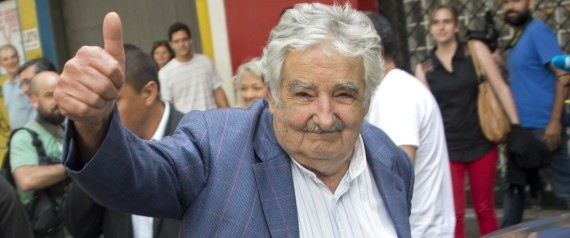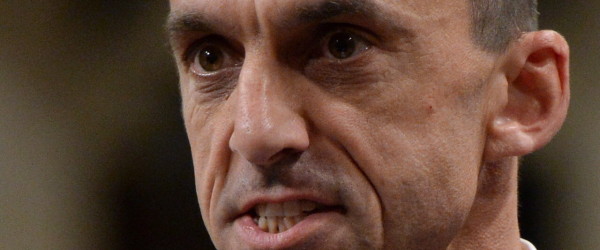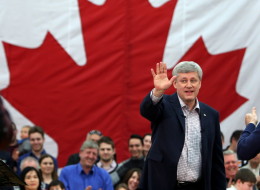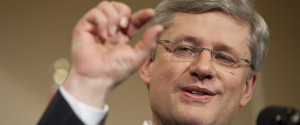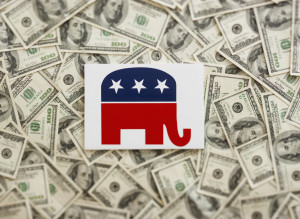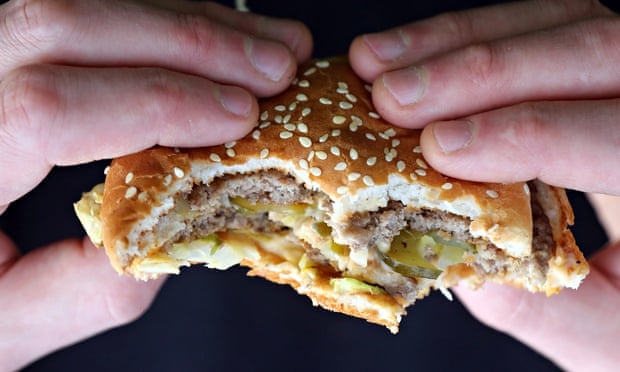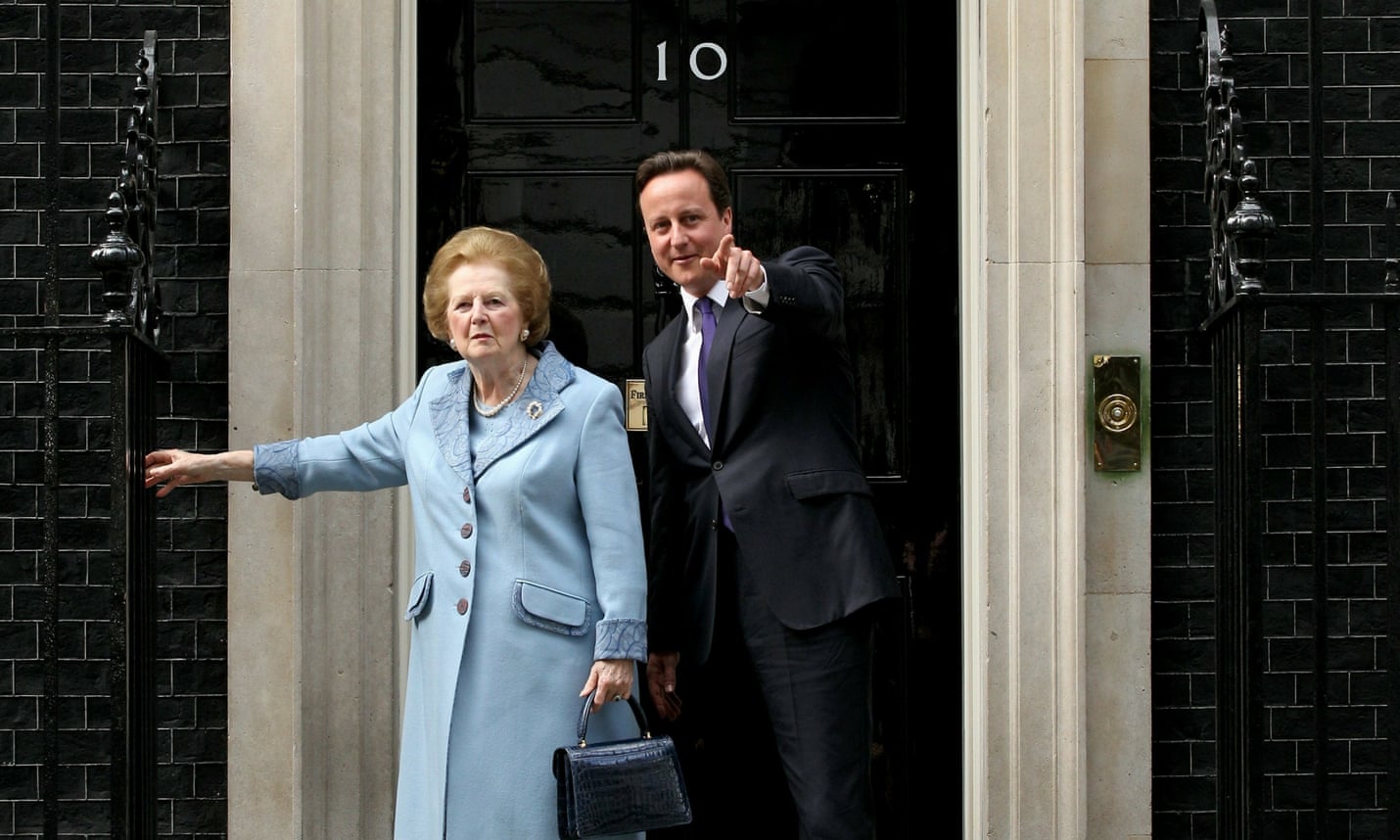You go quietly past the bedroom of someone who is sleeping. You go quietly when you walk a trout stream with a fly-rod. You go quietly when you’ve outlived your usefulness.
But there is one thing you do not do quietly. You do not go quietly to war.
When you are a democratically-elected government and you go to war, you do it very loudly. You engage the public, you involve all parties in Parliament, you justify the decision and — this is of critical importance — you define the mission. And then you keep the country informed on what is happening. You have to do all that because war is a life-and-death issue for the soldiers involved. It’s also a defining act for any country.
But there is one thing you do not do quietly. You do not go quietly to war.
When you are a democratically-elected government and you go to war, you do it very loudly. You engage the public, you involve all parties in Parliament, you justify the decision and — this is of critical importance — you define the mission. And then you keep the country informed on what is happening. You have to do all that because war is a life-and-death issue for the soldiers involved. It’s also a defining act for any country.

